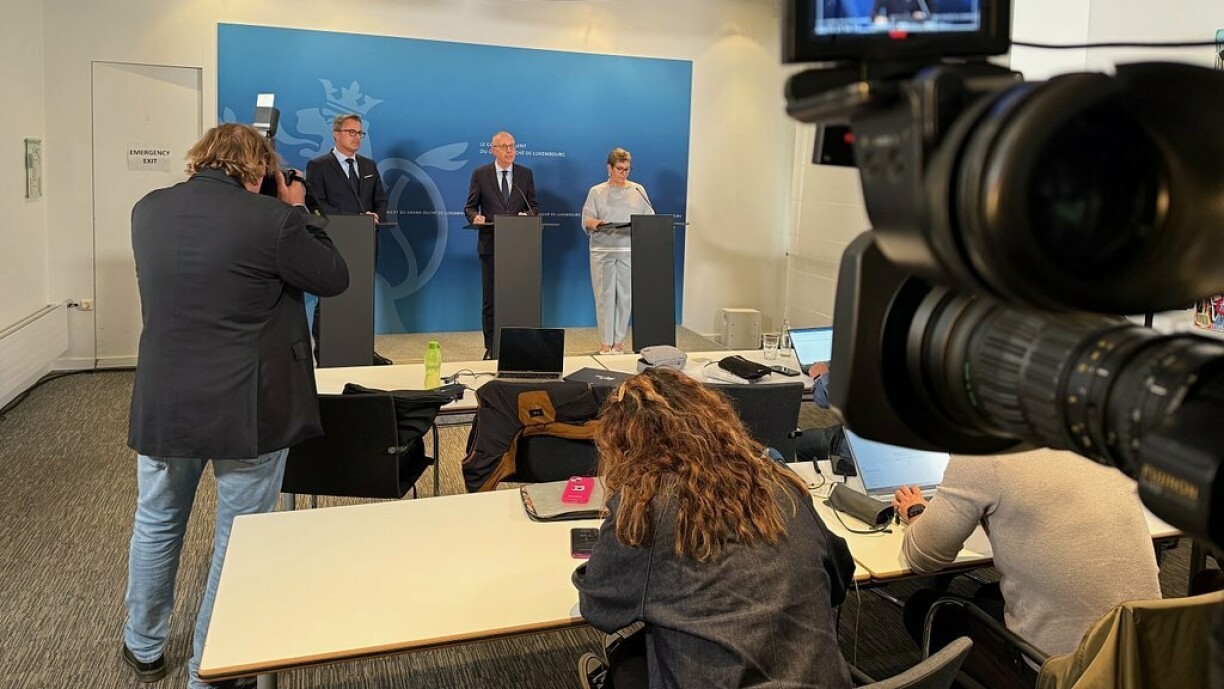
Following a third round of negotiations, Prime Minister Luc Frieden stated that while a comprehensive agreement has not been finalised, progress was made on several key issues. The Prime Minister characterised the Wednesday talks as “difficult but constructive.”
A significant area of consensus involves the government’s commitment to preserve the current collective bargaining system. Additionally, all sides agreed that the organisation of working hours will be negotiated directly by the social partners within the Standing Committee for Labour and Employment, rather than being legislated.
On the contentious issue of Sunday work, the government proposed doubling the permitted hours from four to eight, but only if ratified through a collective or inter-professional agreement. Companies with 30 or fewer employees would be exempt from this requirement, allowing them to extend Sunday work without a formal accord.
The talks also yielded proposed changes to retail operating hours. The government’s framework would allow shops to open from 5am to 9pm on weekdays. Weekend hours would be set between 5am and 7pm. Extensions until 1am, on weekdays and weekends, would require negotiation under a collective agreement. Businesses selling essential products may apply for a special exemption to operate 24/7.
The trade unions lamented after the meeting that this proposal is much closer to the original bill from Minister of the Economy Lex Delles than the one that was on the table on 14 July, and would worsen working conditions for employees in the sector.
The government’s proposals for pension reform, initially presented in July, remain unchanged following the latest round of talks. The legal retirement age will be maintained at 65.
Key measures include a gradual increase, to be implemented over five years, in the contributory period required for early retirement.
A central measure is the gradual extension of the work requirement for early retirement. Minister of Social Security Martine Deprez detailed the timeline: starting in 2026, the requirement will increase by one month each year for two years, followed by an additional two months annually until 2030. This will result in a total increase of eight months for individuals seeking early retirement after 2030. However, the provision allowing retirement at age 57 for those with 40 years of contributions will remain intact.
To ensure the system’s financial sustainability, social security contributions will be raised from 24% to 25.5%, effective from 2026. The existing mechanism for the readjustment of pensions and year-end bonuses will be maintained. A new social benefit will also be introduced for retirees with small pensions.
In a parallel measure, the tax deduction for high earners contributing to a private supplementary pension will be increased from the current €3,200 to €4,500.
According to Minister Deprez, these reforms are designed to secure the pension system’s stability and delay an anticipated deficit from 2026 to 2030, with the next comprehensive review scheduled for that year.
Prime Minister Frieden emphasised that the legal retirement age will not be raised beyond 65 and that no pensions will be reduced.
Trade unions have declared they “prevented a social decline,” framing the inconclusive talks as a failure of form over substance. This assessment stands in direct contrast to the government’s more optimistic portrayal of progress.
Nora Back, President of the Independent Luxembourg Trade Union Confederation (OGBL), asserted that the government had backtracked on positions from previous negotiation rounds. She expressed deep disappointment, stating that the spirit of social dialogue had not been upheld and that the government’s approach led to the wide divergence in positions.
Back emphasised that the 15,000 protesters who demonstrated in the summer did not give the government a mandate to fail to reach a comprehensive agreement. The OGBL will now consult its membership to determine its next steps.
Echoing this sentiment, Patrick Dury, president of the Luxembourg Confederation of Christian Trade Unions (LCGB), stated that the unions acted as a necessary corrective force to prevent more severe social repercussions.
The employer representation, voiced by Michel Reckinger of the Luxembourg Employers’ Association (UEL), expressed a desire for more durable solutions. While acknowledging the proposals, Reckinger indicated that employers would have preferred a long-term framework for pension security, rather than a stopgap measure expected to last only three to five years.